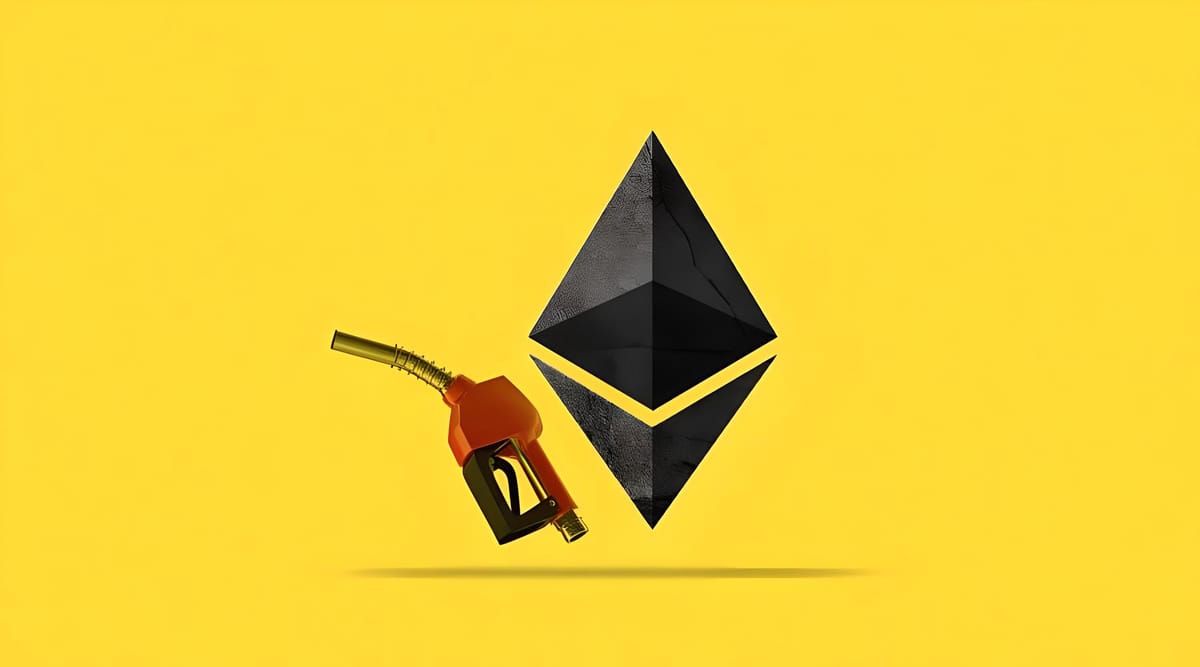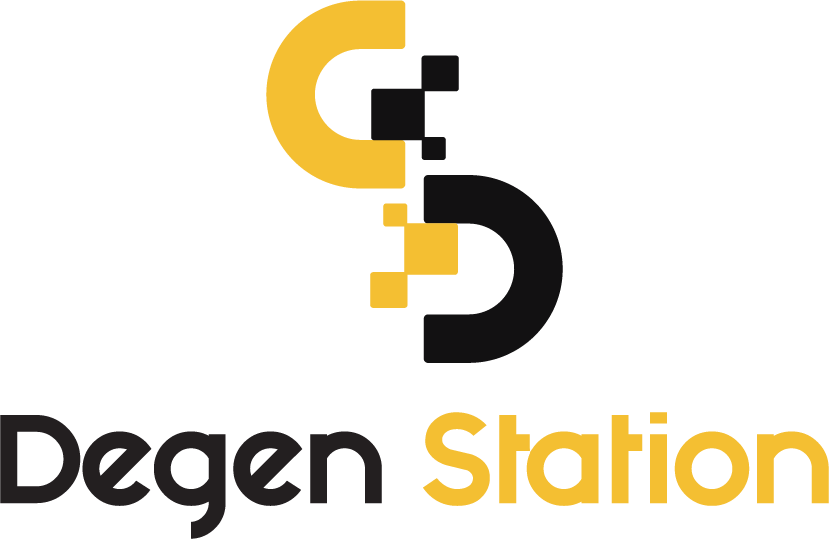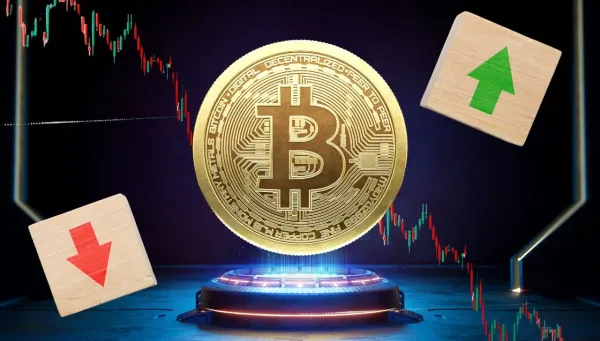Binance Sparks 1,900% Surge in Ethereum Gas Fees

Ethereum's gas fees skyrocketed by a staggering 1,900%, jumping from 15 to 300 gwei, precisely when Binance executed a large volume of transactions.

Binance "blows up" Ethereum gas fees by 1,900%. Photo: Analytics Insight
A series of transactions from Binance wallets caused Ethereum's gas fees to surge dramatically yesterday evening (September 21). The exchange spent a total of $844,000 in gas fees for these operations.
🔥 Gas Fees Alert! 🔥
— BuzzBeatHQ (@mely_buzz) September 21, 2023
Binance's crypto wallet, "Binance 14," spent a whopping $843,797 in ETH gas fees within 24 hours! 😱
Community reactions are pouring in, with some questioning Binance's tech capabilities and gas settings.
Binance explained it was aggregating wallets… pic.twitter.com/KNdsoZSZch
Data from Etherscan reveals that hundreds of dormant wallets suddenly "awakened" after nearly three years, transferring Ethereum (ETH) to Binance-labeled wallet 14. The transactions from this wallet exceeded 100,000 and topped the charts for gas consumption.

Transaction activity from Binance wallet 14. Source: Dune Analytics

Binance wallet 14 executed over 100,000 transactions on September 21, 2023. Photo: Etherscan
Within a 20-minute period, this activity pushed Ethereum's gas fees from approximately 15 to 300 gwei. This meant transaction processing fees for ETH peer-to-peer transactions during this time soared to around $10, marking the highest volatility seen this year, while normal gas fees typically hover around 10 gwei or less.

Ethereum gas fees peaked at 311 gwei at 05:00 PM on September 21, 2023 (Vietnam time). Photo: Reddit
The inexplicable surge was due to Binance consolidating funds from inactive wallets. A spokesperson clarified that the impact on gas prices was unintentional but swiftly addressed.

This unexpected move has sparked various speculations among the public. Some believe it was a technical oversight by Binance's engineering team in setting excessively high gas prices, while others express concerns about the platform's technology and safeguarding customer funds.
However, this isn't the first time Binance has caused congestion on the Ethereum network. A similar incident occurred in December involving the transfer of Tether's USDT stablecoin, which was pre-announced by Binance.
Why fishy? They have done consolidation before but agree it is unusual today of all days.
— CryptoCondom (@crypto_condom) September 21, 2023
Gas fees refer to the charges users pay to process transactions or utilize smart contracts on blockchain networks. It is measured in gwei, where one gwei equals one billionth of an ETH, akin to 1 USD being equivalent to 100 cents.
Historical data shows that Ethereum gas fees typically surge whenever new trends emerge, stimulating network activity. Notable examples include last year's NFT wave from Yuga Labs or the memecoin frenzy surrounding Pepe the Frog (PEPE) in May. Nevertheless, the recent introduction of numerous layer-2 projects has proven effective in reducing gas fees on Ethereum.





